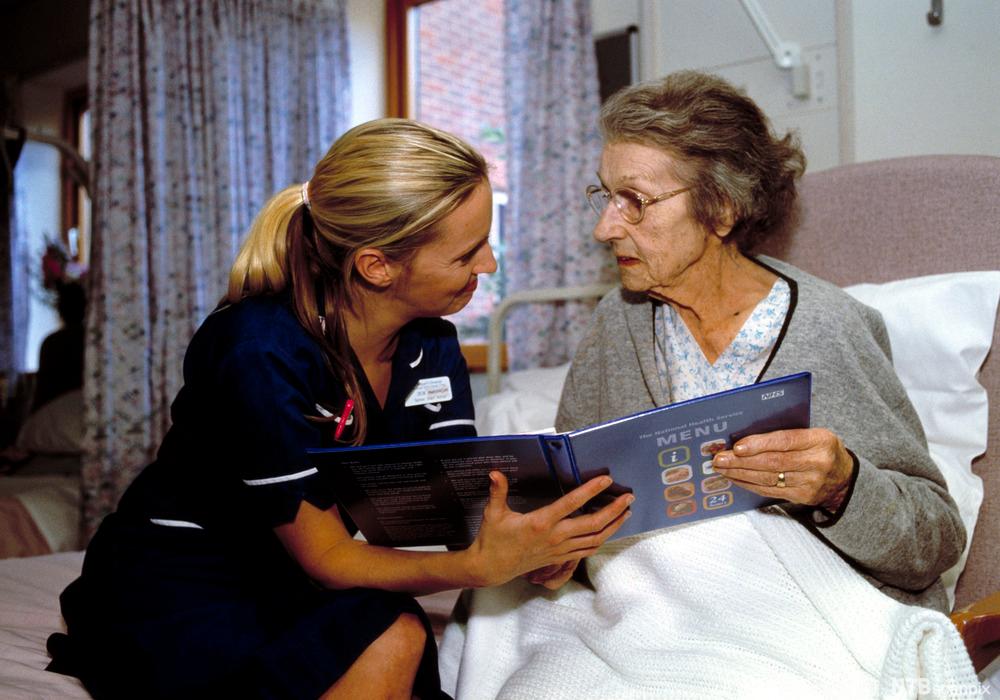A transcript of the interview
What’s your name and profession?
My name’s Sarah Hyde and I’m a healthcare assistant.
Where do you work, Sarah?
I work for a big company that has sites all around the country. At the moment, I’m working in Nottingham and I’ve also worked in Leeds.
Why did you choose to be a healthcare assistant?
I really love helping people and I like the variety I get in my work, so no day is the same.
Perhaps you could talk through what a typical day looks like, when you are working.
Well, there’s never really a typical day. Generally, I will go around to someone’s house and see what it is that they need in terms of their healthcare or physically what they might need help with. Some days, I might be helping somebody take their medication, or help to feed somebody or help to get somebody ready for bed. On another day, I could be helping somebody to do their washing, or doing their food shopping, or even writing a letter to a friend.
What personal qualities do you think you need?
Patience, definitely. Sometimes things can go very slowly. It’s also very important to be able to empathise with the people that you are working with, because some people live in very difficult conditions and aren’t able to do things for themselves. A sense of humour is always good. And it’s very important to be able to use your initiative and think on your feet, as there isn’t a set way of doing things all the time.
Could you describe a service that you provide?
Sometimes I will do the evening shift, or the bedtime shift as we sometimes call it. Which involves going round to five or six different clients’ houses and helping them get into bed. Quite often, clients that we work with, live in their beds or spend most of their day in a wheelchair. We go round and help them to get dressed and washed and changed and ready for bed. We might help them get out of their wheelchair, into their pyjamas and help them into their beds. Or change their sheets, that kind of thing. And so we will go round to five or six different people’s houses at bedtime and help them to do that.
What do you like best and least about your job?
I love working with the people. Everyone is always so grateful for the work that we do and generally very happy to see us. There’s a lot of variety in my work, so it never gets boring. Sometimes it’s difficult to be working in people’s houses, because you’re walking into their private lives and into whichever situation they’re in at the time. So it can be difficult sometimes to go into somebody’s house and maybe you’re not always welcome there, if it’s a difficult time.
How do you think your work might change in the future?
That’s an interesting question. I’m not sure really. The population is always growing, so maybe there will be more people to care for in the future. But with advances in medicine and medical advances, it’s impossible to say what we will need help with and what we won’t, in the future.
Where do you see yourself in five to ten years’ time?
That’s another interesting question. I’m not sure. I really love this work and I’d like to continue doing it. Maybe one day I could set up my own service and manage my own team of nurses.
